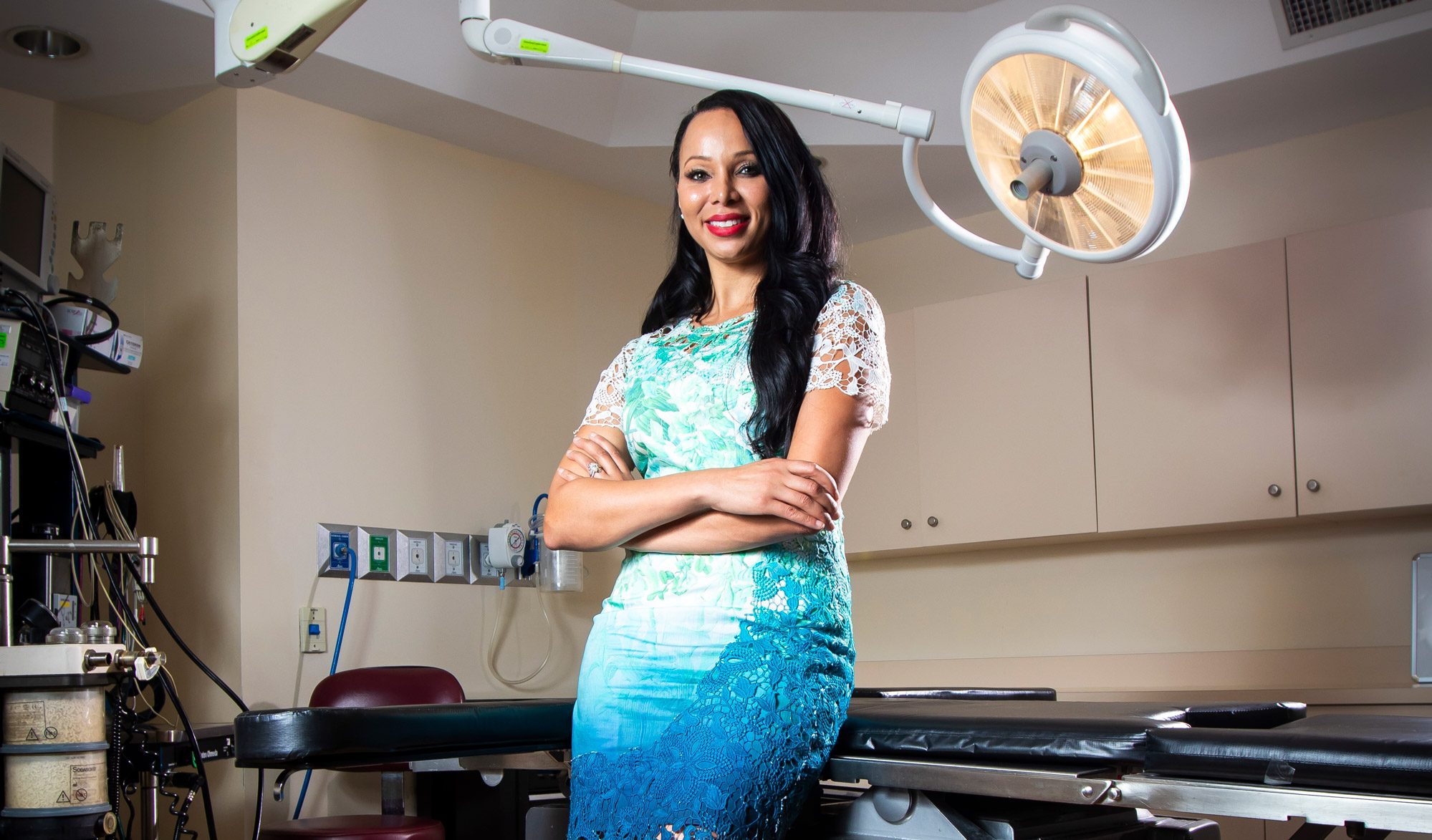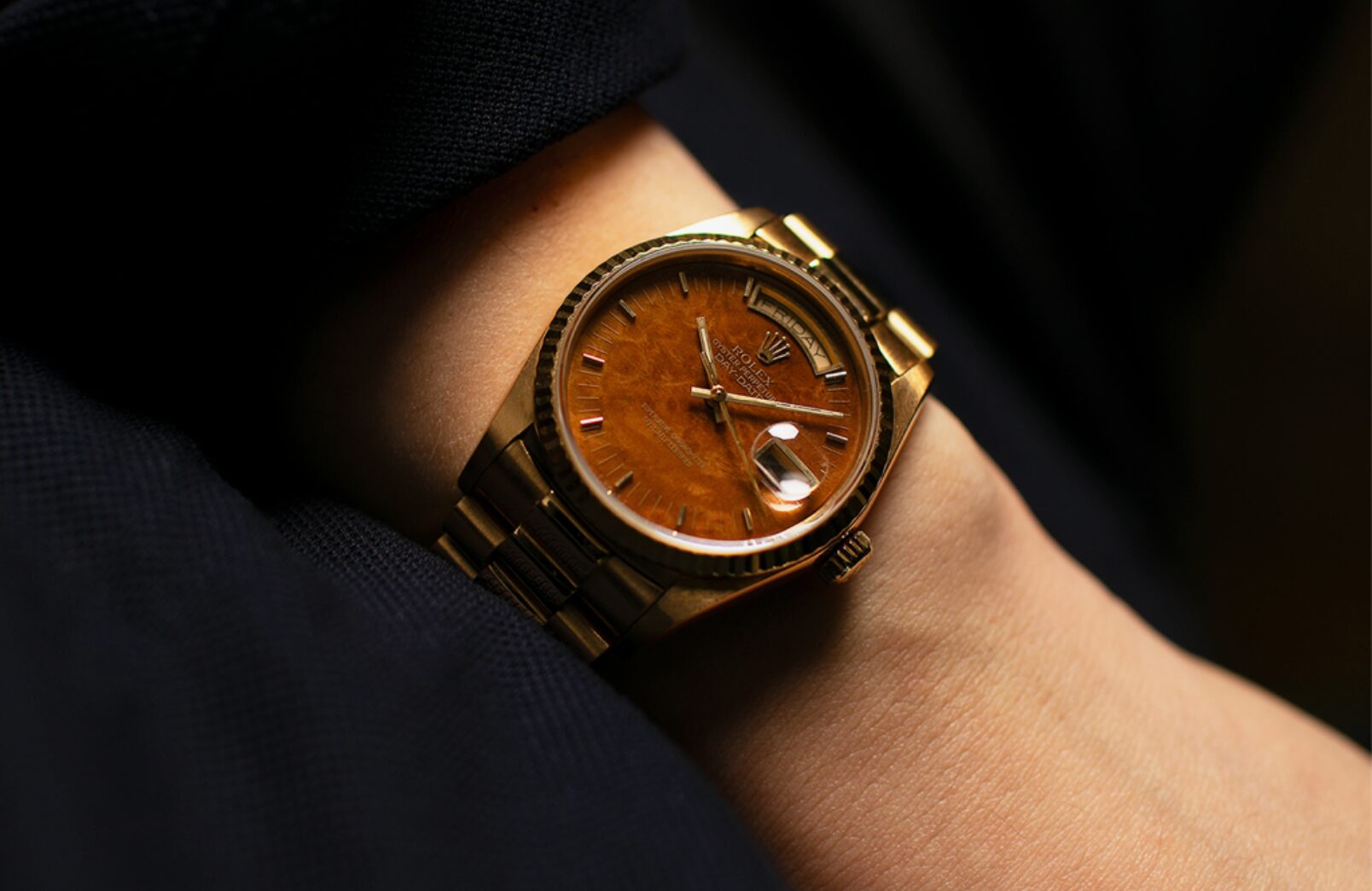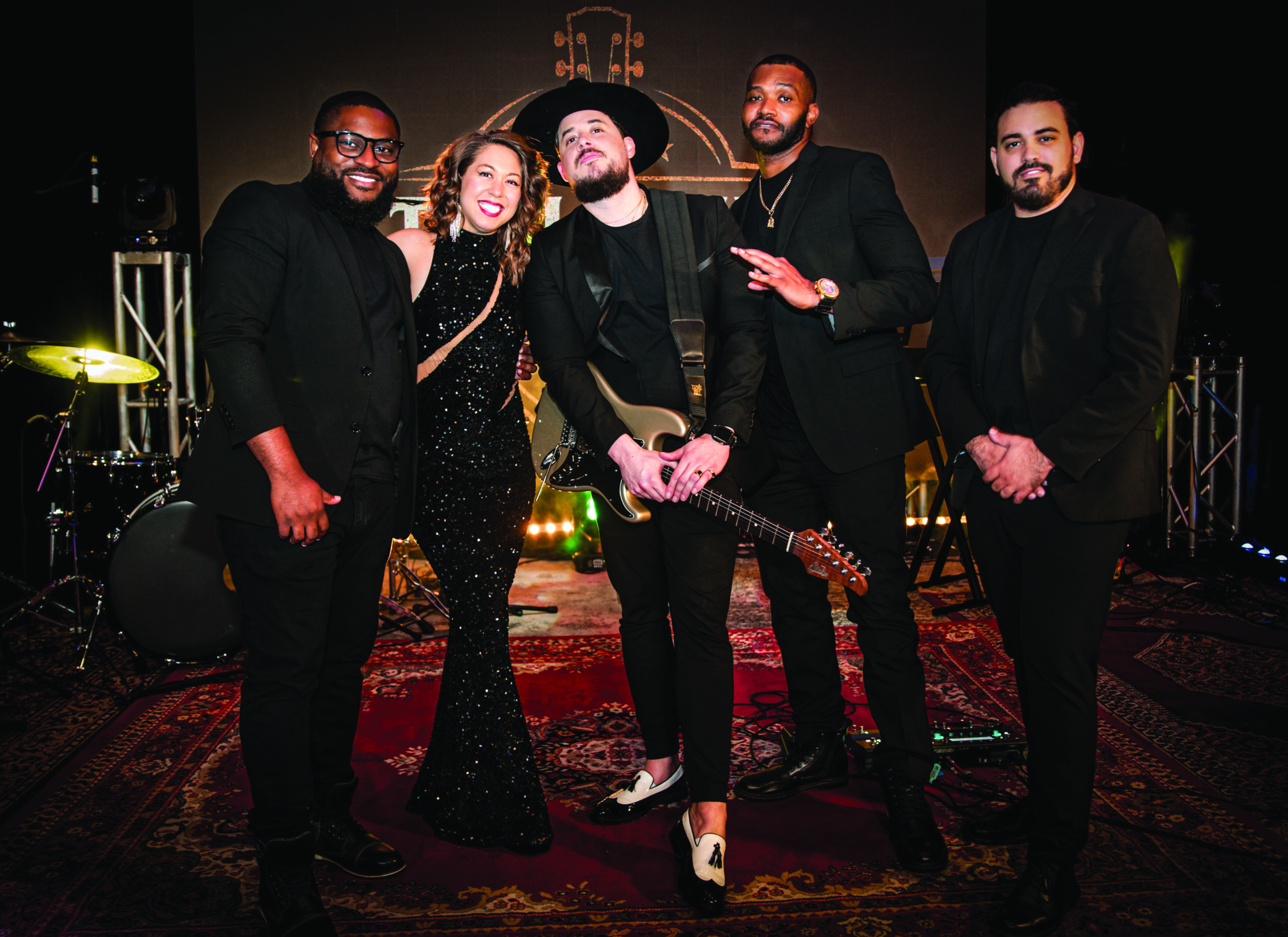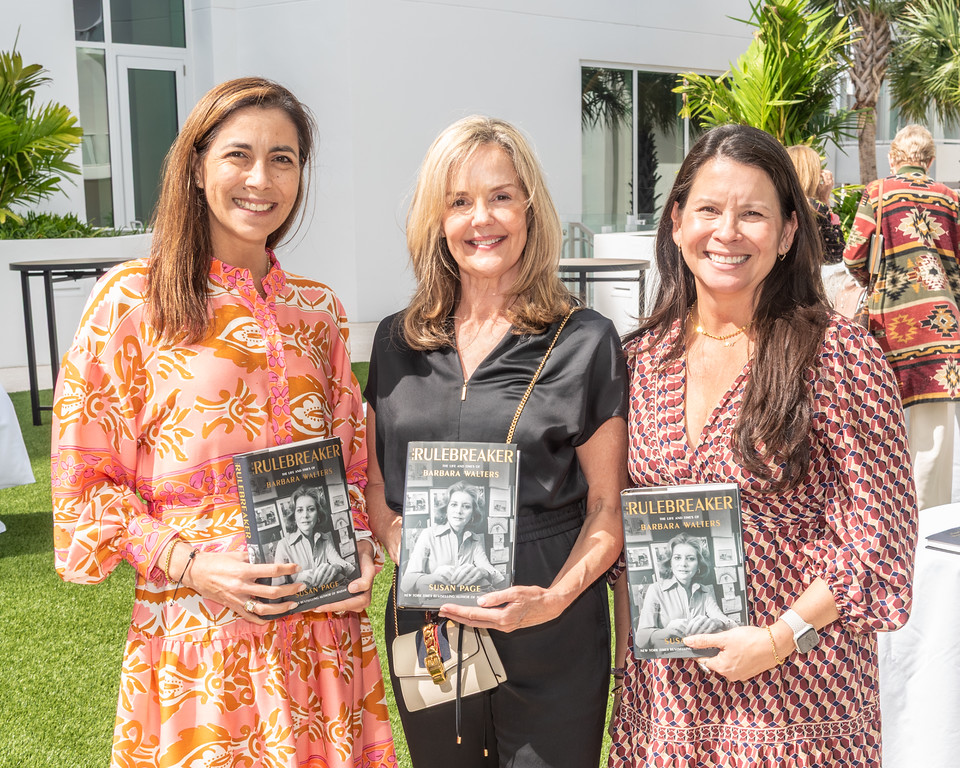• A week before my interview at the University of Chicago for a plastic-surgery residency, I received an email saying I needed to prepare a five-minute presentation about myself. One of my slides showed a photo of me as a child, holding a stethoscope and listening to my dad’s heart. That was the picture that stood out to people. It said that being a doctor was something I wanted my whole life. That picture helped me to be where I’m at today.
• You have to be a natural leader as a surgeon. You commit to constantly refining your skills, because you’re the captain of the ship. There’s an anesthesiologist, nurses, a scrub tech, the patient—and there’s always a potential crisis looming. Everyone is looking to you.
• There are times I’m in the operating room for 12 hours straight. In those surgeries, I may be doing a tissue transplant, just like a heart surgeon does a heart transplant. The difference is when you join up the vessels in a heart transplant, they’re 2 or 3 centimeters. What we’re connecting is 2 or 3 millimeters. The suture is so fine that you can’t see it with the human eye.
• I’m aware of my hands at all times. My husband has to cut all the vegetables. I refuse.
• As a plastic surgeon, the results of our work are on full display. It’s a badge that the patient will wear every day. You can’t afford to take a short cut or be sloppy.
• The biggest misconception about this industry? “Nip/Tuck.” It’s that every plastic surgeon lives in Beverly Hills, drives a fast car, is cold-hearted and makes people look like they’re overdone. People don’t realize the training required. For a classically trained plastic surgeon, it’s one of the most competitive specialties to get into after medical school.
• The hospital called me recently about a patient. I said that it was Dr. Yates, and the response was, “Oh, are you the physician assistant?” That’s the presumption when they hear a female voice. Most of the hospitals where I’m on staff, I’m the only female plastic surgeon. But they all have female PAs and nurses. Patients also ask how old I am. Or how many surgeries have I done. And maybe my ethnicity falls on their radar, if it’s something they weren’t expecting [her mother is British; her father, west African]. … It’s unrealistic to think you’ll be a perfect fit for every patient. You put your best foot forward and showcase who you are.
• I pride myself on beautiful work, on natural-looking results. Our philosophy is to empower and educate women to be the best versions of themselves. I want the results of my specialty work [on the breast, face and body] to make the person feel confident. Scars should not be visible. Incisions should heal perfectly. Enhancements and refinements should be elegant and timeless.
• From a mental standpoint, when you decide to pursue this career, there has to be a baseline where you feel an obligation. You’re always going to be your patient’s advocate. And you’re always going to be connected to them. For a lifetime.
The Yates File
• Yates studied at the Imperial College School of Medicine in London and did a six-year residency at University of Chicago Medical Center.
• Cosmetic procedures are performed at the Yates Institute of Plastic Surgery (717 SE Second St., Fort Lauderdale); hospital privileges include Memorial Hospital System.
• According to the institute’s marketing material, Yates is the only black, female, board-certified plastic surgeon in Florida.
• Yates and her husband, Jordan, married in June 2016 in Santorini, Greece.















